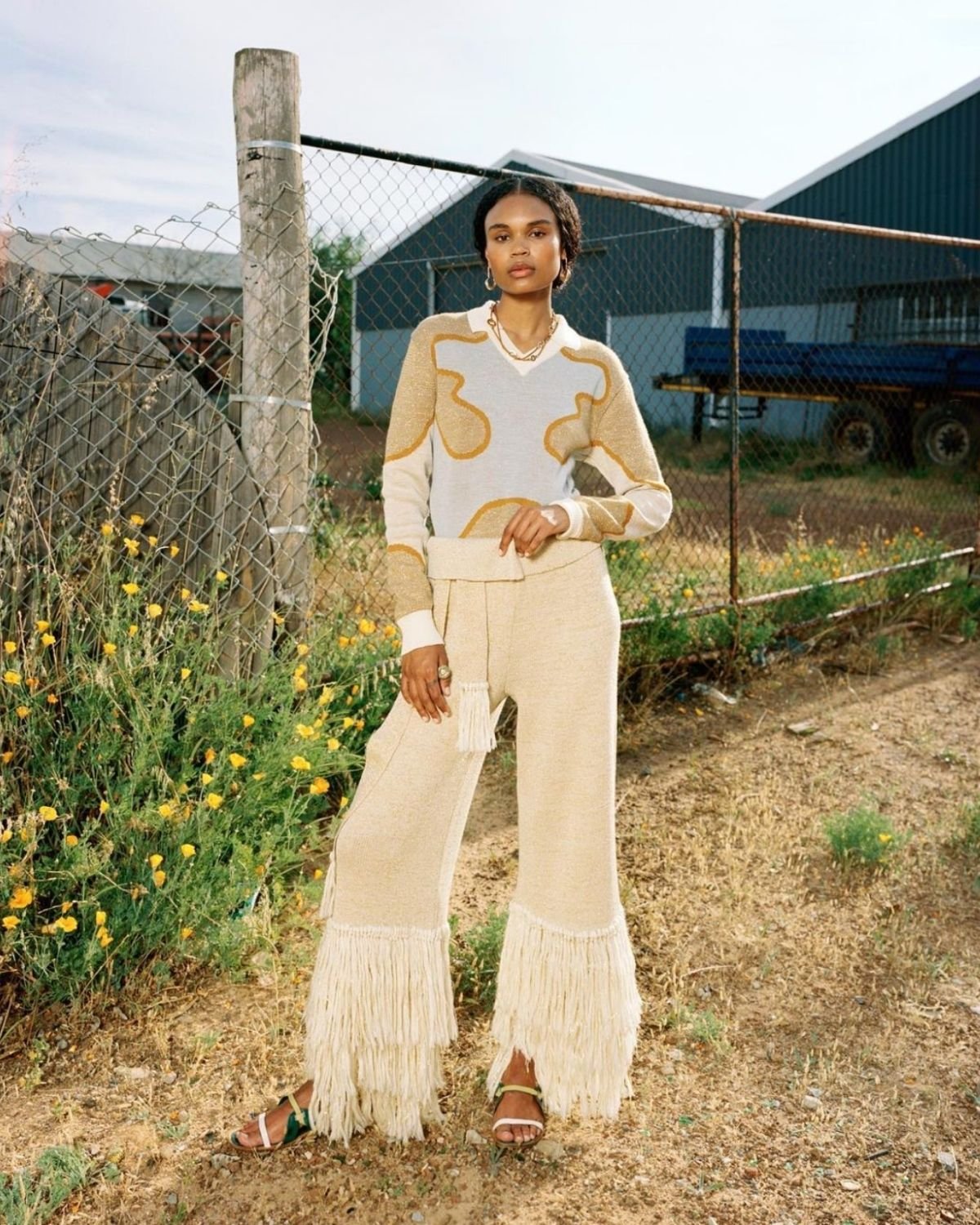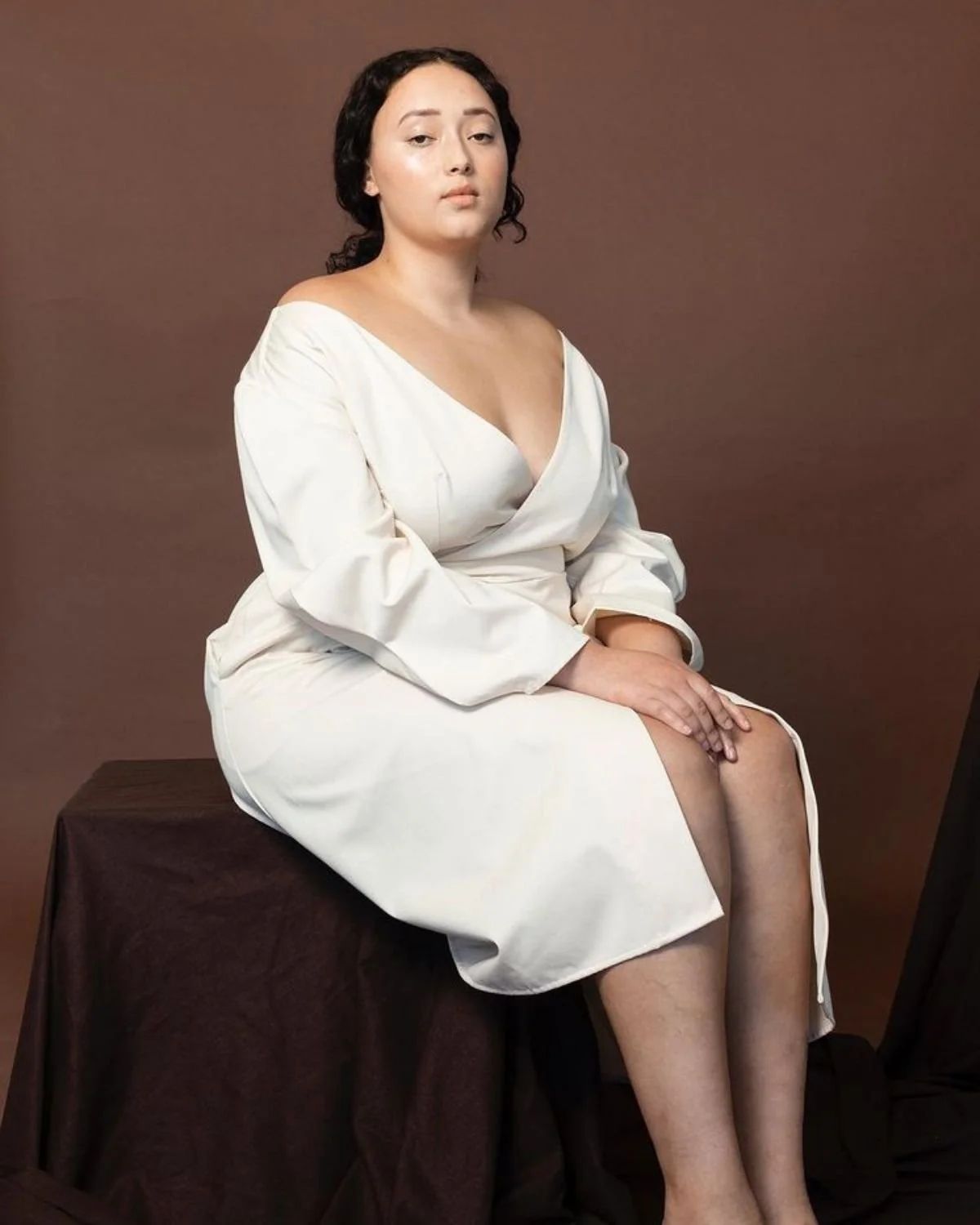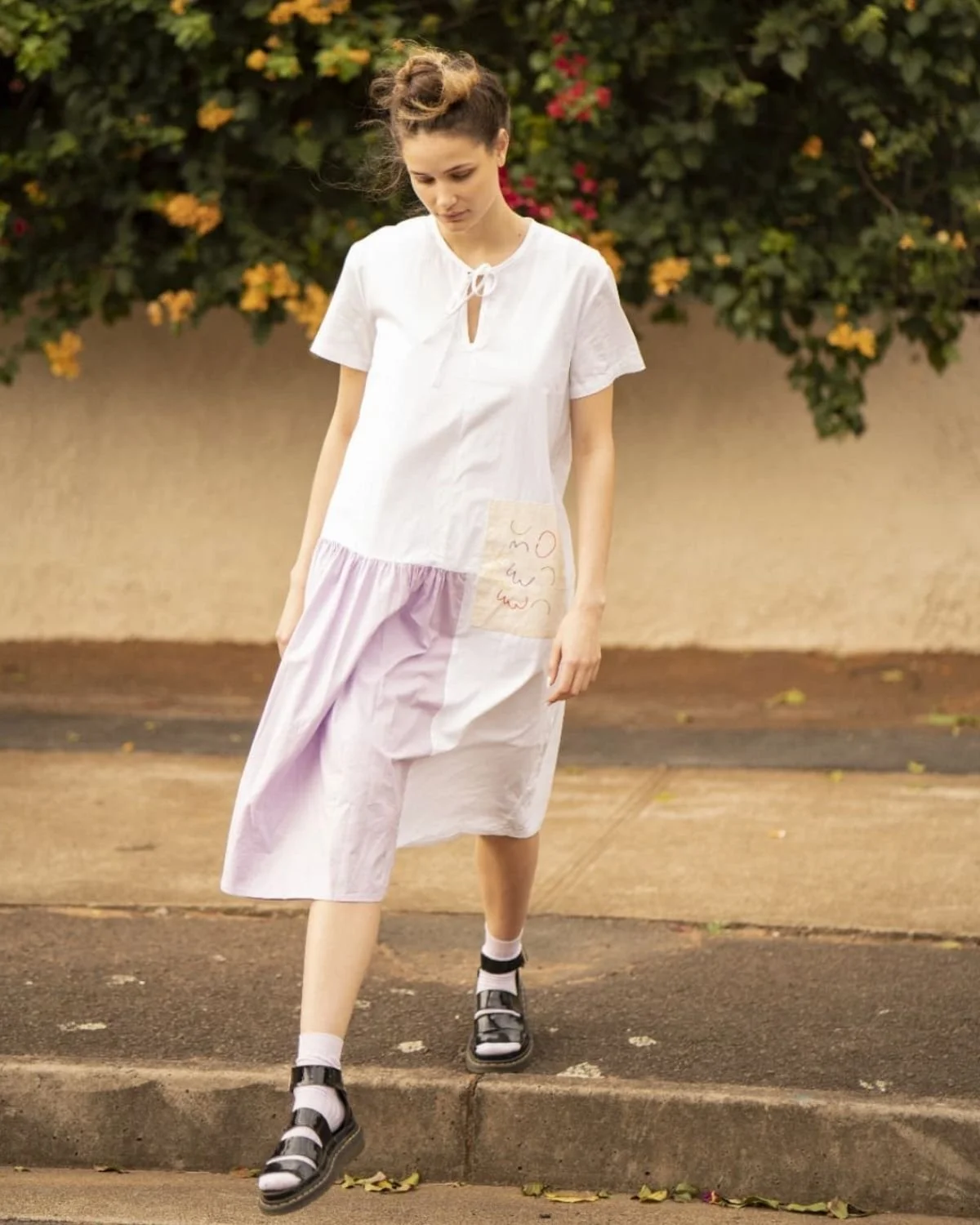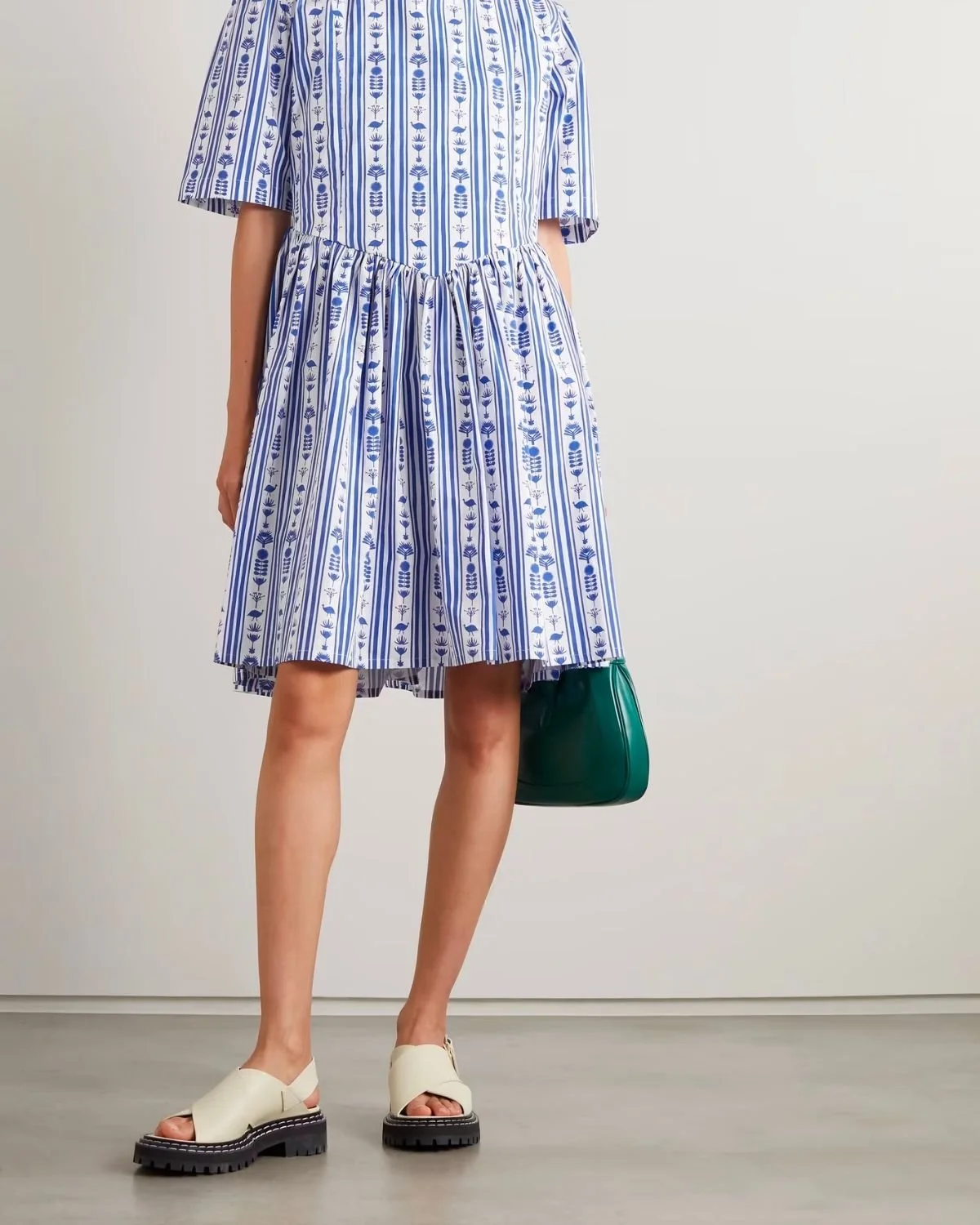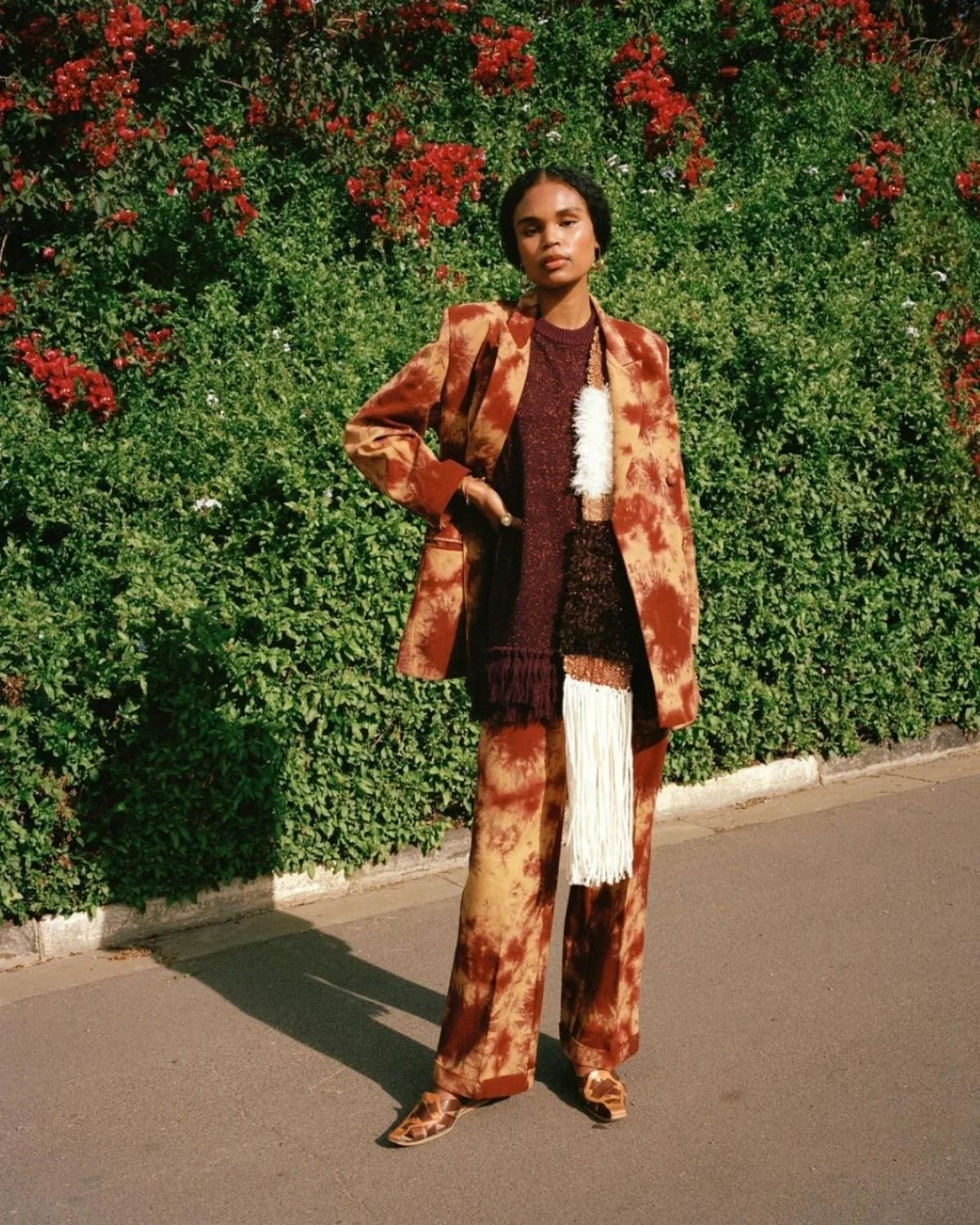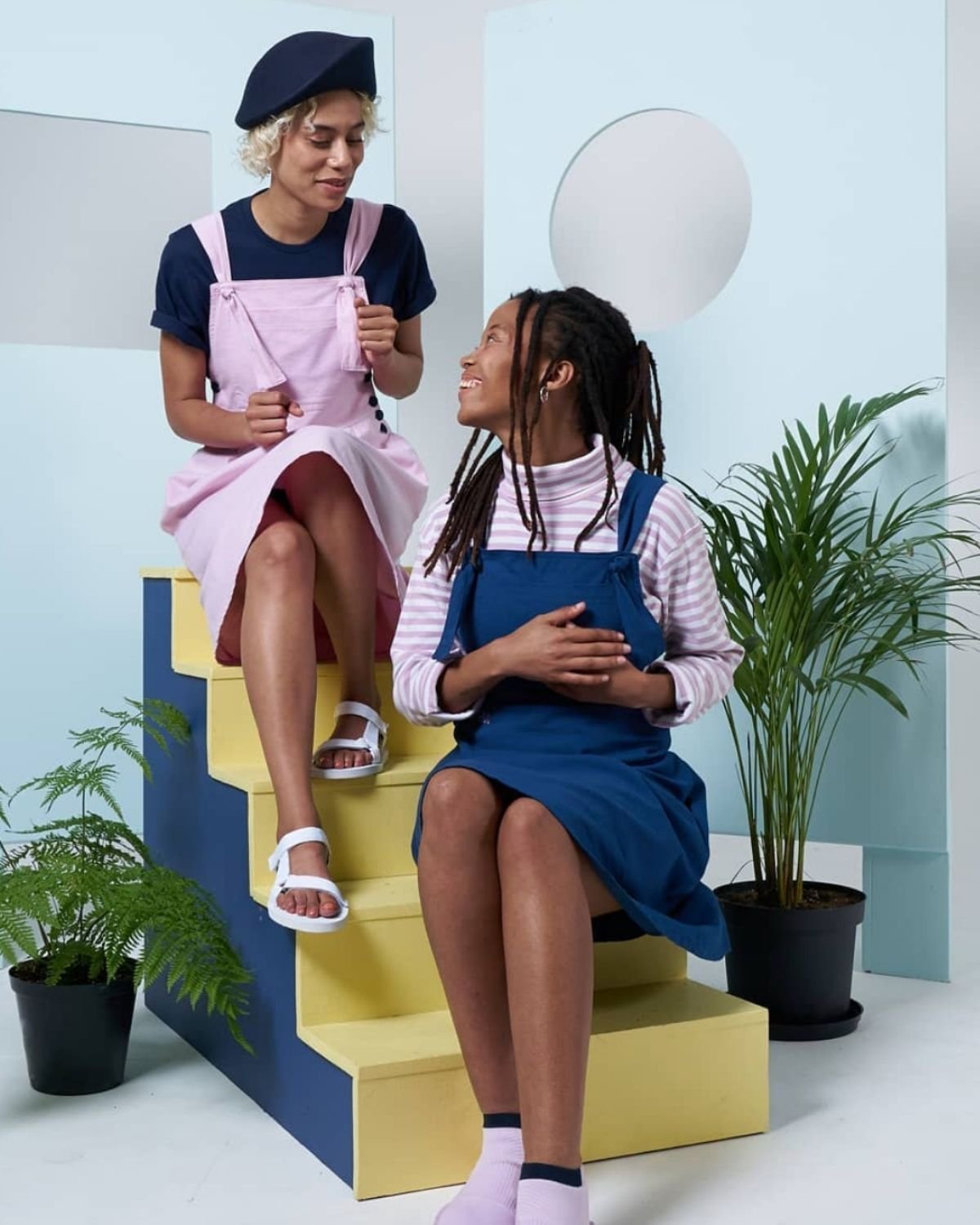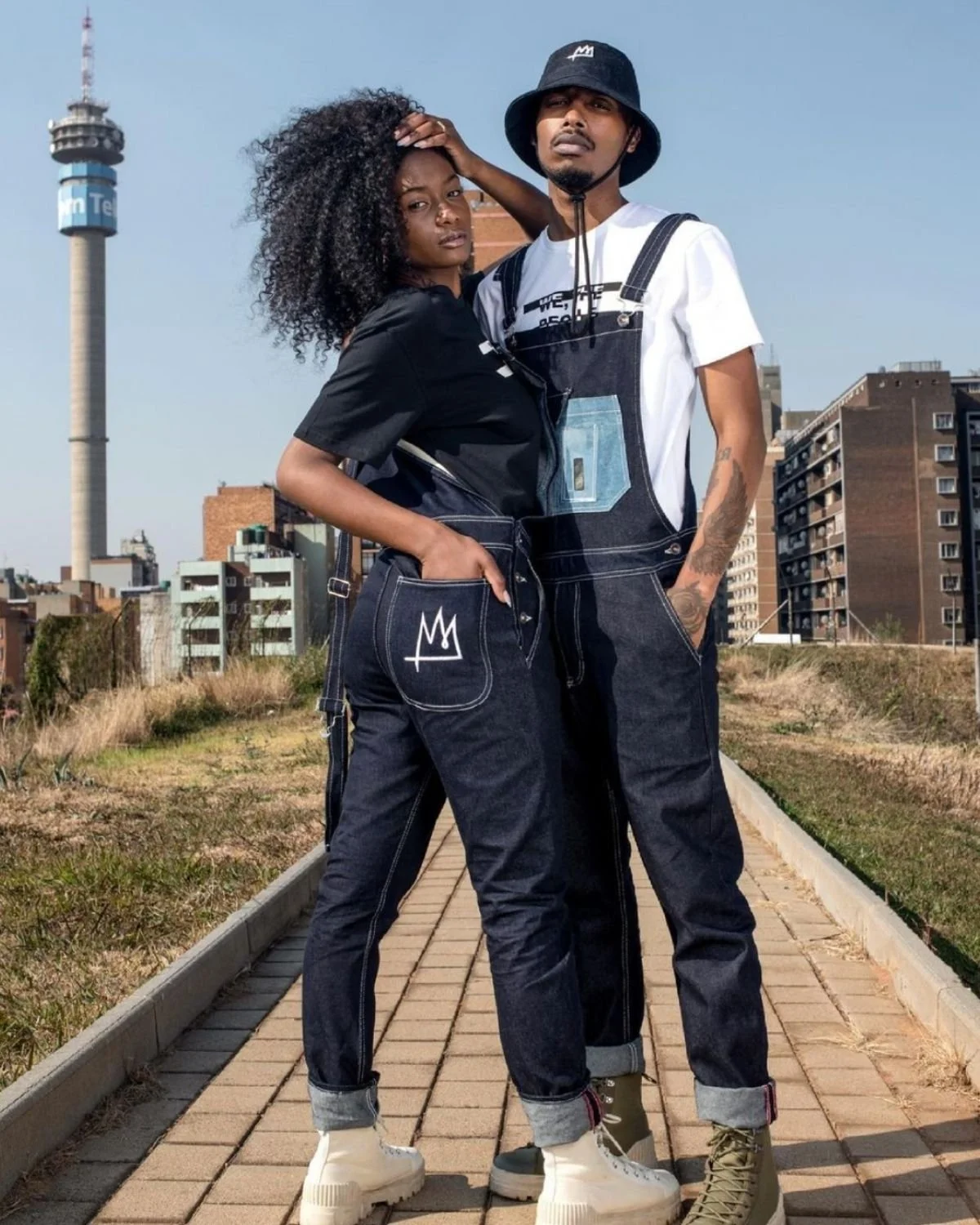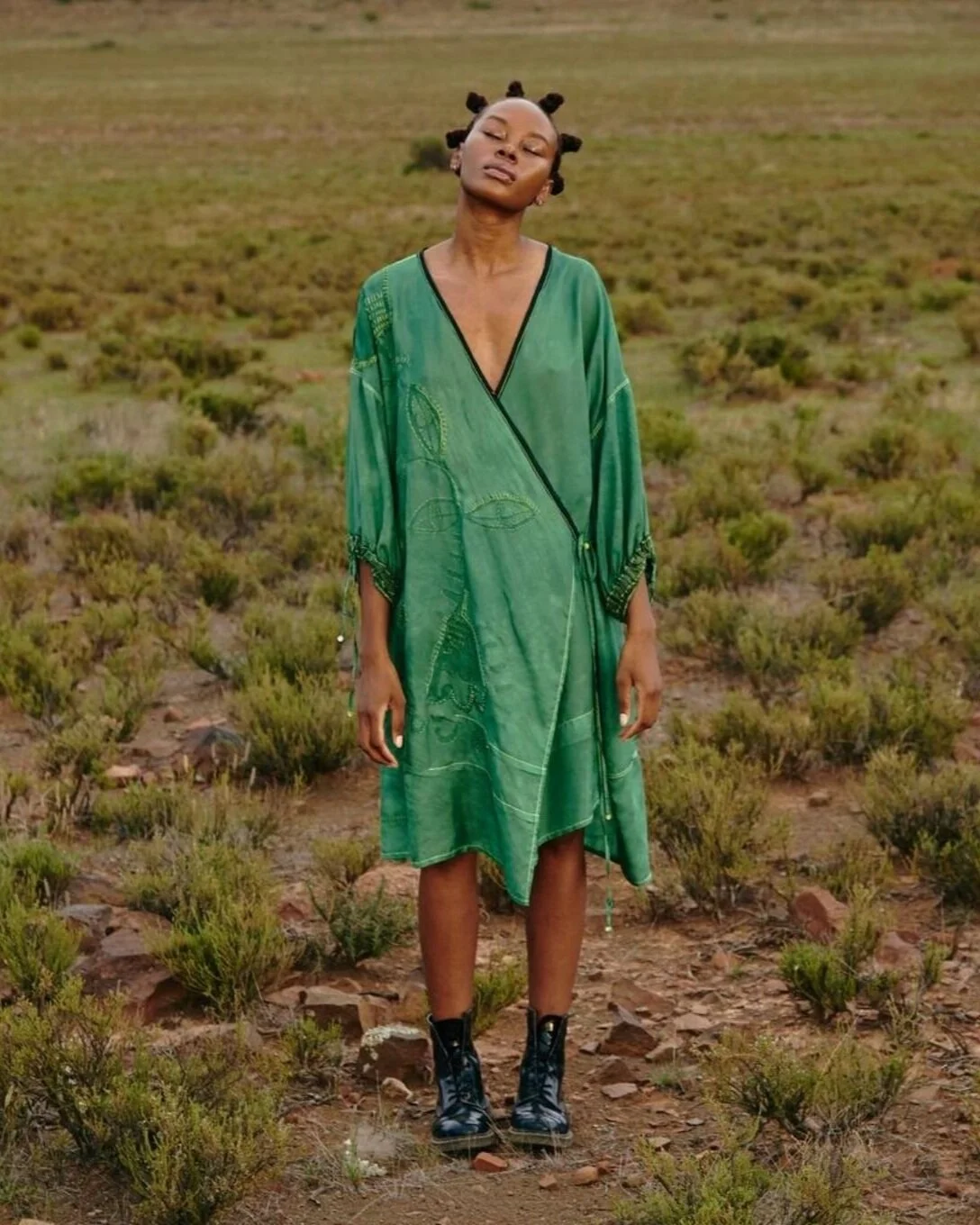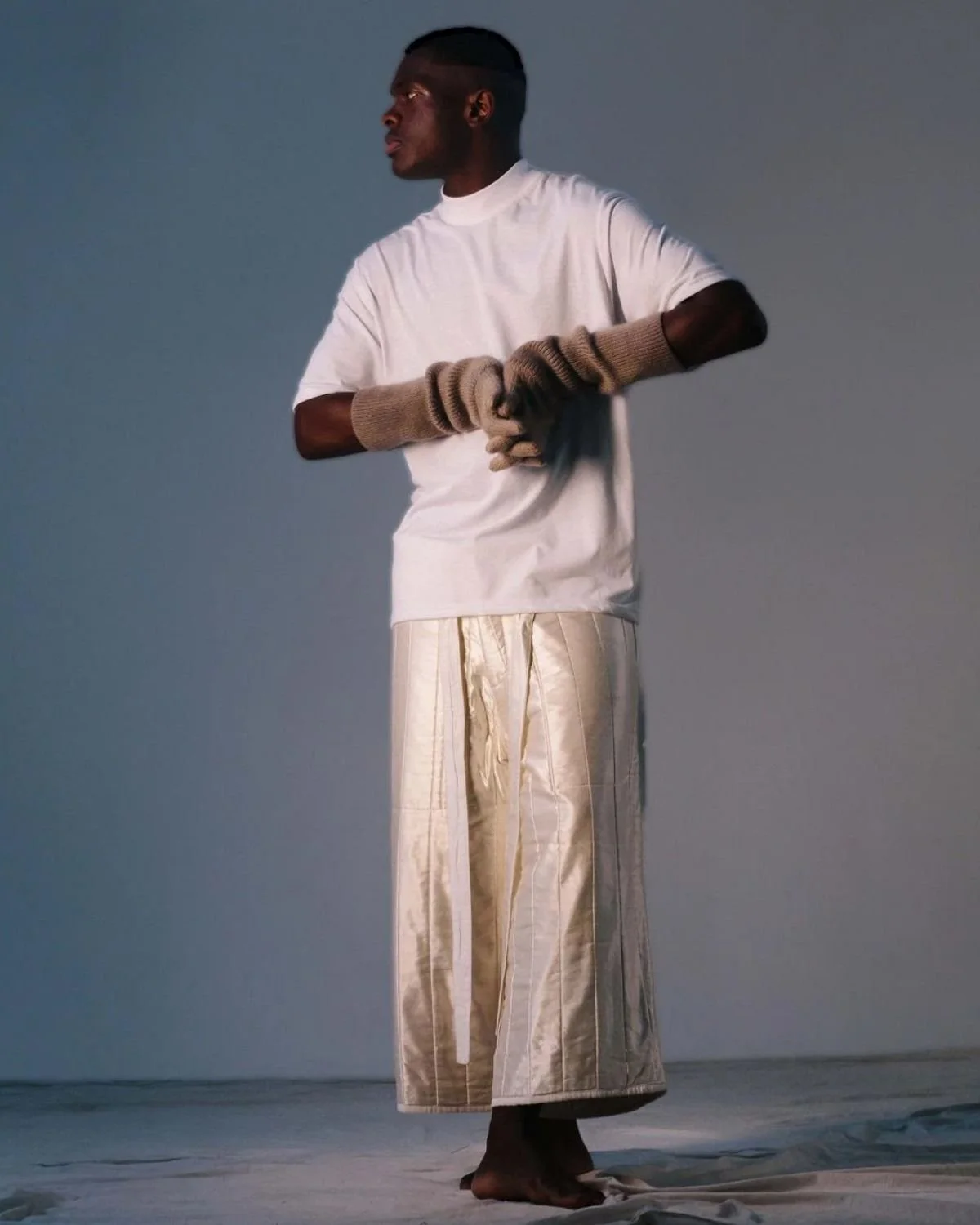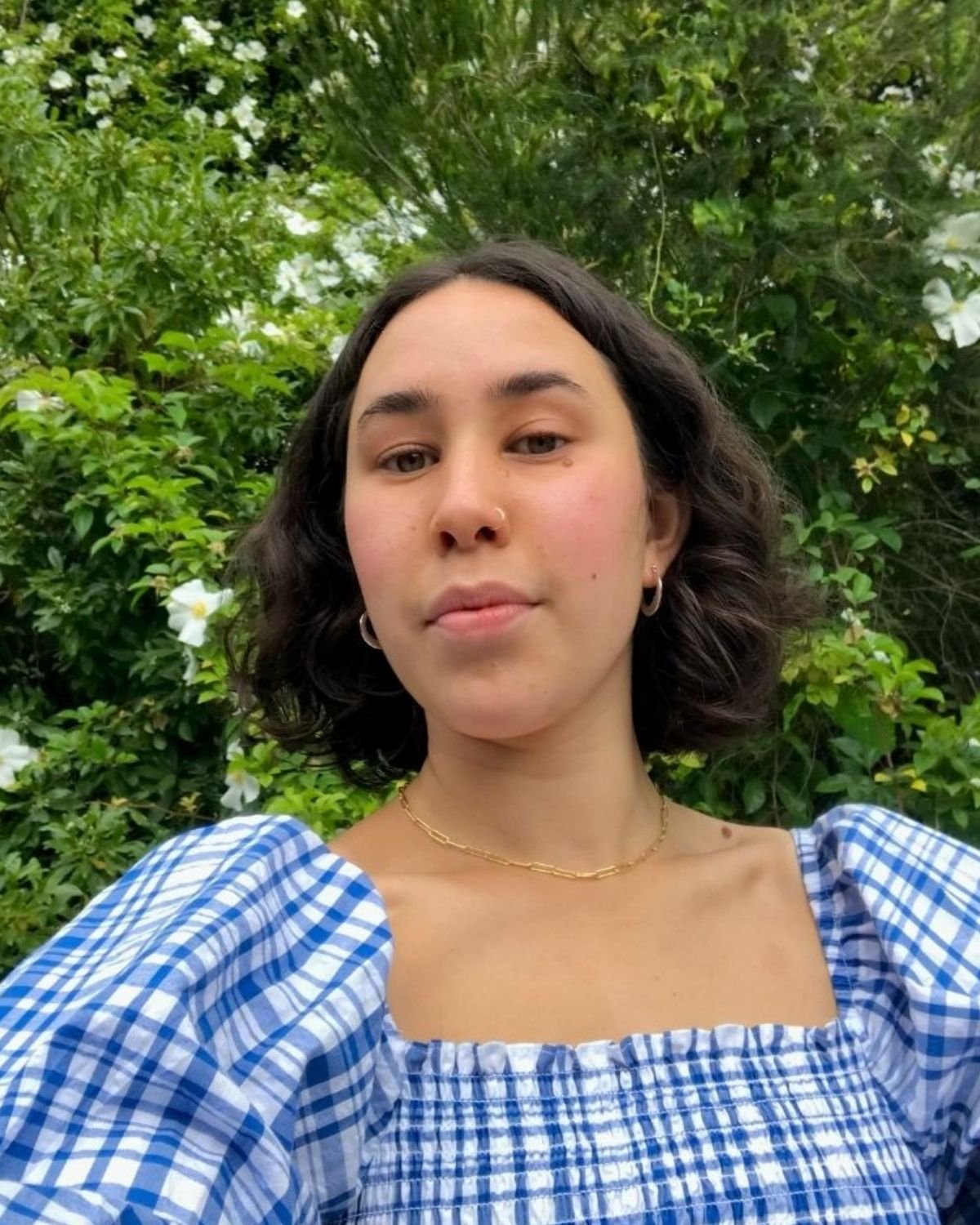14 South African Sustainable Fashion Brands Championing Conscious Production
by Stella Hertantyo
Looking at the sustainable fashion brands from different countries gives you a sense of place and illustrates that slow fashion has a uniquely local flair in each country.
South Africa is a country with rich textile heritages. Before the rise of fast fashion and expansive global production, South Africa used to have a thriving local textile economy and was known as a garment production hub.
Now, as there is a growing realization of the importance of embracing local production and celebrating local makers, South African sustainable fashion brands that are reclaiming the local production space and encouraging us to cultivate local fashion role models, are on the rise.
The slow fashion space in South Africa is small, but growing steadily. While each brand takes a slightly different approach to conscious production, these brands are championing a fashion industry that focuses on sustainability and ethics by challenging the overproduction crisis of the fast fashion industry and empowering local communities and artisans.
SELFI
SELFI is known for their minimalist, sculptural silhouettes that evoke a sense of wonder. The name “SELFI” originates from the word “self” and was intended to evoke feelings of self-empowerment, self-care, and well-being.
Transparency is key to this sustainable and ethical South African clothing brand. Online, you’ll find a clear outline of their sustainability efforts, a fabric library that outlines all the natural fibers they use (alongside their environmental impacts), as well as a fabric care guide to make your loved clothes last. SELFI is also passionate about social upliftment and runs various charitable initiatives.
Conscious elements: Small batch production, natural fibers, charitable initiatives
Investment: $$$
Shipping: International shipping
Check out SELFI | Check out SELFI @ Folklore (US Shipping)
ANMARI HONIBALL
Anmari Honiball’s garments can be best described as “playful”. Honiball experiments with patchwork, zero-waste design, and upcycling to create statement staples with quirky details that focus on comfort and versatility. Every garment begins and ends in her Johannesburg studio, where she works alongside her seamstress, Ilona. A true labor of love.
Conscious elements: Small batch production, upcycling, minimal waste
Investment: $$
Shipping: International shipping
ÇOISE
ÇOISE is the embodiment of ‘quality over quantity’. The South African sustainable clothing brand focuses on creating high-quality, timeless garments that will create the basis for a versatile trans-seasonal wardrobe.
ÇOISE also offers a basic alterations service to make sure that you get the perfect fit. The cherry on top of this carefully considered brand is that their swing tags are made from herb seeds, so you can plant them in your garden and add a little bit of greenery to your life!
Conscious elements: Made-to-order, natural fibers, alterations service
Investment: $$$
Shipping: International shipping
Fuata Moyo
Fuata Moyo is a Swahili saying which means “follow the heart”. Founded by four siblings — Kabambi, Martine, Tshimaro, and Lucy — this is the ethos by which the Mbiola siblings live and work.
From refashioning clothing and upcycling garments, to adorning them with hand-painted artworks and creating new garments with flair + considered tailoring, this family-owned and run business is embracing slow fashion in all that they do. They also offer a customization service where you can get an artwork painted on one of your garments to give it an extra flair!
Conscious elements: Upcycling, one-off pieces, customizations
Investment: $$
Shipping: Within South Africa
Sindiso Khumalo
Sindiso Khumalo is a Cape Town-based sustainable textile designer and social activist who started her namesake sustainable fashion brand in 2015 with the vision of creating sustainable clothing inspired by African history.
With textiles and craft at the heart of her collections, she works closely with NGOs and small workshops in South Africa and Burkina Faso producing unique handwoven and hand-embroidered textiles for her collections. Khumalo’s immaculately constructed garments are best known for their signature hand-drawn and painted motifs that are created by Khumalo herself. Khumalo uses these motifs to tell the stories of phenomenal Black women who have been excluded from the history books.
Conscious elements: Preservation of artisanal skills, natural materials, made-to-order
Investment: $$$$
Shipping: International shipping
Lukhanyo Mdingi
Lukahnyo Mdingi has often said that the motivating factors behind his timeless creations are honesty and love. His namesake South African sustainable fashion brand is known for its immaculate attention to detail and a carefully considered, ethical production process.
In creating his trans-seasonal garments, Mdingi predominantly works with natural fibers that are sourced in South Africa including wool, silk, and mohair. His color palette of rich, Earthy hues, combined with the raw texture of natural fibers gives Lukhanyo Mdingi’s garments a truly luxurious feel.
Conscious elements: Natural fibers, made-to-order
Investment: $$$$
Shipping: International shipping
Me&B
Me&B is a mother-daughter run ethical fashion brand based in the heart of Cape Town. Mother-daughter duo Betina Swart and Kelly Gibberd started Me&B in 2018 to shake up the local fashion scene and provide fun, playful, high-quality garments at fair prices.
With their offering of bold colors, funky prints, and garments for every season, brought to life by their incredible in-house team, Me&B is on a mission to make fashion more inclusive and accessible for all.
Conscious elements: Caters to the full size curve, small-batch production
Investment: $$
Shipping: International shipping
Sama Sama
Lovingly created by Kimberly Lardner-Burke in 2018, Sama Sama aims to offer conscious basics and “clothing designed to allow movement, unrestricted and with compassion for the body”.
Ethics and sustainability are the driving force of this South African sustainable fashion brand that uses 100% natural fibers and works with local fabric suppliers and manufacturing companies that prioritize fair wage practices. Sama Sama is refreshingly transparent about their sustainability mission and their continuous journey to build a brand that is kind to people and the planet.
Conscious elements: Natural fabrics, biodegradable packaging, works with local artisans, small-batch production
Investment: $$
Shipping: International shipping
Tshepo Jeans
Tshepo Jeans is a South African ethical fashion brand that makes ready-to-wear denim. As a third generation storyteller, founder Tshepo Mohlala was drawn to denim because of its durable and trans-seasonal nature, as well as the fact that everyone has a story to tell about their jeans.
The brand sources cotton from Zimbabwe which is then dyed in Japan using indigo dyeing techniques that were originally created in Africa. The production of the jeans is done in-house at their Johannesburg Atelier by a small team of skilled makers and artisans. All the leftover pieces of denim and off-cuts are shredded and reused to make new fabric and thread.
Conscious elements: Small batch production, minimal waste, water-wise dyeing techniques, bespoke service
Investment: $$$
Shipping: International shipping
Research Unit
Research Unit creates elevated basics that are sustainably made by women in marginalized communities in Cape Town. Time spent on research and development is vital to this South African sustainable clothing brand. This slow, thoughtful process allows them to create garments that focus on innovation, design, waste reduction, community empowerment, and continuous care.
They believe that one of the greatest forms of sustainability must be to give back to their community, and to keep the industry and skills within it alive. To ensure that your loved clothes last, Research Unit has also compiled a care guide for their garments.
Conscious elements: ethical sourcing, ethical labor and community empowerment, small batch production, some made-to-order garments
Investment: $$$
Shipping: International shipping
U Be You
U Be You, is a gender-neutral, made-to-order South African sustainable fashion brand creating clothing that will speak to your inner child. This slow fashion brand brings a sense of whimsical playfulness to streetwear.
U Be You’s bold approach to color and form challenges us to embrace fashion as an art medium and helps and encourages a return to the golden rule of dressing for yourself: if you like it, you should wear it. The brand uses end-of-roll fabric that would otherwise be destined for landfill to create their unique garments.
Conscious elements: Made-to-order, uses deadstock and end-of-roll fabric, small-batch production
Investment: $$
Shipping: Within South Africa
Daise Jo
Daisie Jo creates one-off pieces of wearable art with slow living in mind. Daisie Jo is a beautifully eclectic, whimsical South African sustainable clothing brand encouraging us all to embrace our imperfections and humanness by creating garments that reflect just that.
The bold silhouettes and impeccable hand-embroidered and hand-painted details are all reminders that fashion is an art form and medium for expression. Each one-off garment is made from scratch in Daisie Jo’s Karoo studio, meaning that there is no excess waste and overproduction in the creation of these seasonless, truly slow fashion pieces.
Conscious elements: One-off pieces, small-batch collections, minimal waste
Investment: $$$
Shipping: International shipping
UNI FORM
UNI FORM is an exploration of architecture and structure using fashion as a medium and a neutral color palette. Using mostly natural fibers, founder Luke Radloff creates modular, trans-seasonal pieces with exaggerated silhouettes that focus on quality first and foremost.
In the production and process, UNI FORM also prioritizes collaborations that contribute to the creation of a sustainable fashion future. Such collaborations include those with Barrydale Weavers and The Wren Design – two design businesses exploring sustainable production in South Africa.
Conscious elements: Mostly natural fibers, small-batch production
Investment: $$$$
Shipping: International shipping
nuun
Founded by mother-son duo Zainab and Shaheed Martin, nuun describes itself as an “eco-conscious concept space”. This is an apt description given that this South African slow fashion brand is on a continuous journey to find innovative solutions to sustainability concerns while producing garments of the finest quality.
Working with locally and ethically sourced textiles and developing concepts with the intent of being sensitive to the environment as well as having a positive social impact is central to their design ethos. nuun pays homage to cultural heritages while creating a collection of timeless basics with care as the focal point.
Conscious elements: Made-to-order, eco-packaging, recycled materials, natural fibers
Investment: $$$
Shipping: International shipping
Cover Image Credit: Lukhanyo Mdingi
About the Author:
Stella Hertantyo is based in Cape Town, South Africa, and is currently completing her PGDip in Sustainable Development to accompany her undergraduate in Multimedia journalism. She is a slow-living enthusiast and a lover of low-impact fashion.
She is passionate about encouraging an approach to sustainability that is inclusive, accessible, and fun as we try to figure out how to create a more sustainable and just world, together.
When Stella is not in front of her laptop doing uni work, you'll probably find her reading, writing, illustrating, or baking/cooking. A dip in the ocean, or a walk in the mountains, are the two things that bring her the most peace.

